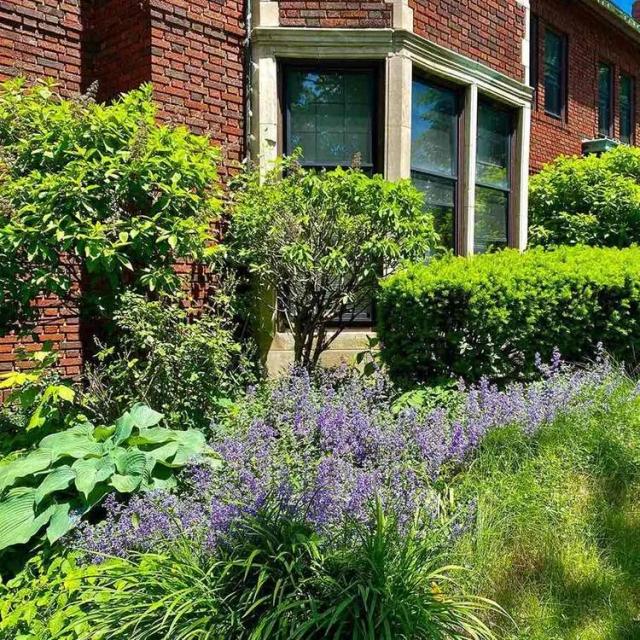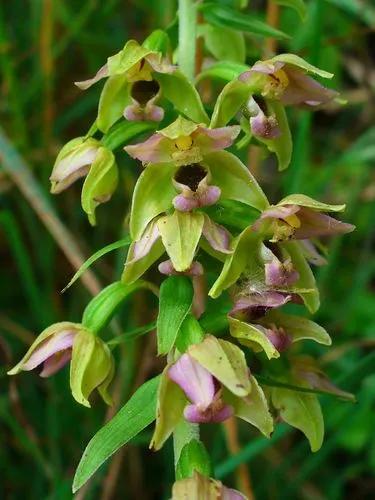Billbergia nutans is the most popular of all bromeliads. Young plants grow into upright rosettes. As the leaves age, they arch outward. They usually have only five to eight narrow stiff sward-shaped leaves arranged in a tube shaped rosette of which the upper half flares outward.
Billbergia Nutans Care
Billbergia Nutans H.wendl.



How to Care for the Plant

Water

Throughout the year, water moderately, enough to make the potting mixture thoroughly moist, but allow the top centimetre (0.4 inch) or so of the potting mixture to dry out between watering.Water the center of the rosette and keep room-temperature rainwater or naturally soft water in its urn (centre of the rosette) at all times. Empty old water from the urn once a month by turning plants upside down and refill it with fresh water. Do not soak base of plant, which can lead to root rot.

Pruning

Apply standard liquid fertiliser regularly, about every two weeks. Let the liquid not only to penetrate the potting mixture, but splash over leaves and lodge in central cups. Alternatively can be used a foliar fertiliser and spray it on the leaves.

Fertilizer

During the summer months, offer this plant a balanced fertilizer once every other week. Flower cups can be filled with the fertilised liquid, and the leaves misted, as well as the soil watered. During other times of the year, reduce fertilisation to once a month.

Sunlight

Bright light with at least three or four hours of direct sunlight every day is essential for good leaf colour and regular flowering.

Soil

Being epiphytic, Billbergia nutans can be grown in the fork of a tree, where the cascading flowers can be well displayed, but can also be grown in the ground or in a pot. Like most bromeliads, it will survive in dry, shaded garden beds. The soil should be well drained and can consist from one part gardening soil to two parts perlite or tree bark mixture. Use bromeliad mix or orchid potting mixture for potted plants.

Temperature

Billbergia nutans grow well in normal room temperatures. Varieties of this species can also tolerate quite cold temperature – down to about 7°C (45°F). In the summer, this particular plant enjoys warm temperatures outdoors between 18 to 27°C (64-81°F). These plants will thrive in moderate humidity, but still benefit from being kept in a spot where they can be misted often to increase humidity.

Container

Billbergia nutans are the least demanding of bromeliads where potting mixture is concerned; they grow well in either the standard bromeliad mixture or in an equal-parts combination of soil based mixture and leaf mould. Because their roots are not extensive, they can be accommodated in relatively small pots.

Popularity

22 people already have this plant 5 people have added this plant to their wishlists
Discover more plants with the list below
Popular articles






